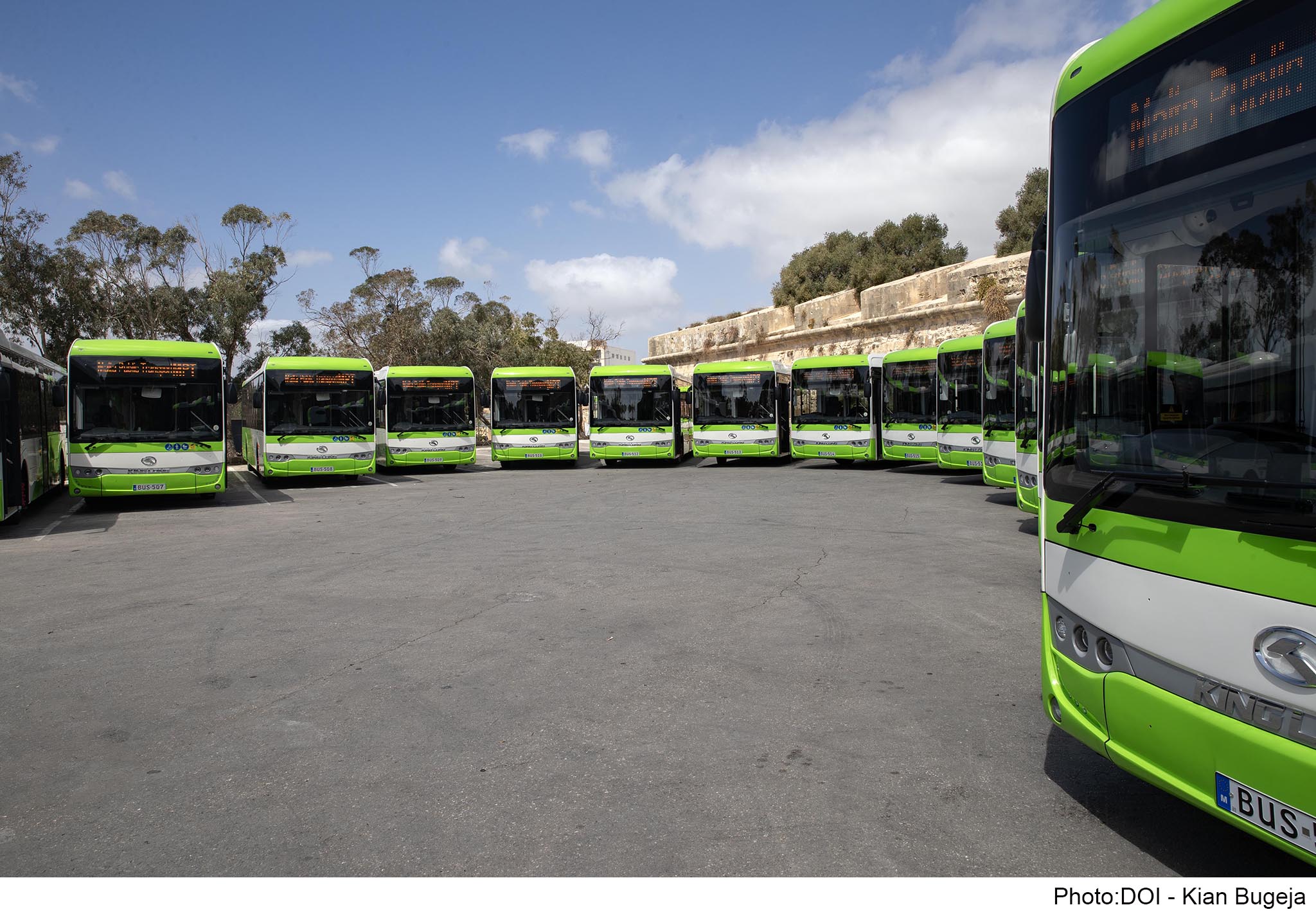The Nationalist Party (PN) has called on Government to make “necessary changes” to a legal notice that comes into force on 2nd August based on the EU’s Work-Life Balance Directive.
Government is bringing in a swathe of new measures related to paternity leave, parental leave and is also introducing a new tier, called carers’ leave.
Click here for more detail on the new family leave system.
As part of the new parental leave allocation, parents will go from four months unpaid leave to being provided with two months paid leave and two months unpaid leave, which are to be taken in the first eight years of their child’s life. Parents must take 50 per cent of this new leave allotment in the first four years of the child’s life, while parental leave is fully transferrable between parents.
In addition, Government will foot the bill until 2023, after which, from 2024 onwards, the new leave entitlements will need to be paid by the employer.
So far, the Malta Employers Association and The Malta Chamber have raised a number of issues, chief among them is the transferability of parental leave. Both business-interest organisations argue that this was a missed opportunity to champion gender equality – with concerns that couples will take up their parental leave allotment via one-half of the couple.
Traditionally, women are viewed as carers while men breadwinners, and, in a country like Malta where the uptake of women to the workforce has been historically slow when compared to European counterparts, concerns have been raised that fathers will transfer their parental leave onto mothers, helping the status quo to persist.
At a press conference held by the PN, MEP David Casa, equality and childcare speaker Graziella Attard Previ as well as employment and maritime speaker Ivan Castillo said the potential of this EU directive which national member states must transpose into law, is an opportunity to bridge the gap between men and women and foster a culture of shared responsibility towards childcare.
“We must bridge the differences that exist in workplaces, wages and pensions,” said Dr Casa, who was also a chief negotiator on behalf of the European Parliament on the Work-Life Balance Directive.
Ms Attard Previ argued that Government’s effort to transpose the Directive locally was too small, referring to how Government adhered to the minimum set of rights member states are allowed to introduce under the Directive.
It must be noted that both the Malta Chamber and the MEA expressed appreciation that the minimum requirements were introduced, so as cause as little disruption as possible to employers and businesses reeling from two years of COVID-19 and now rising operational costs.
On his part, Mr Castillo remarked:
“Businesses and SMEs are being asked to pay for these measures. Leave is being restricted and not flexible. And the parents of babies born before 2nd August are being excluded from these rights for years to come.”
The PN spokespersons echoed complaints by both business interest bodies however on the lack of consultation with social partners by Government before introducing the directive.
Unpacking Malta’s new American-style bankruptcy framework
The EU is reforming its insolvency rules to adopt some of the most beneficial elements of the US framework
More than half of all workplace deaths in last two years involved construction
No women died on the job in 2022 and 2023
Government shells out close to €70 million to national bus operator Malta Public Transport in 2023
Buses became free for residents in late 2022, leading to a hefty increase in the public subsidy






